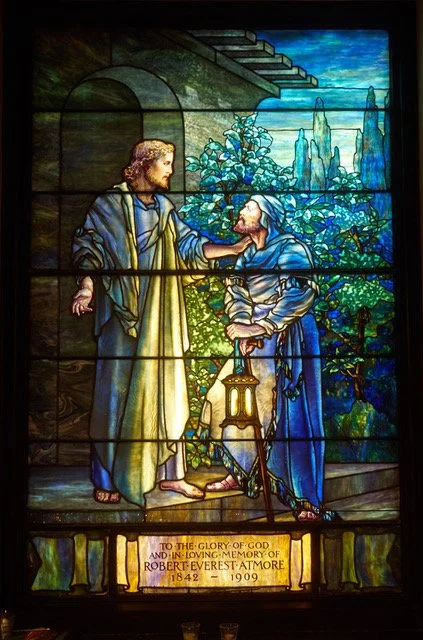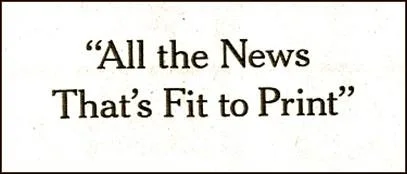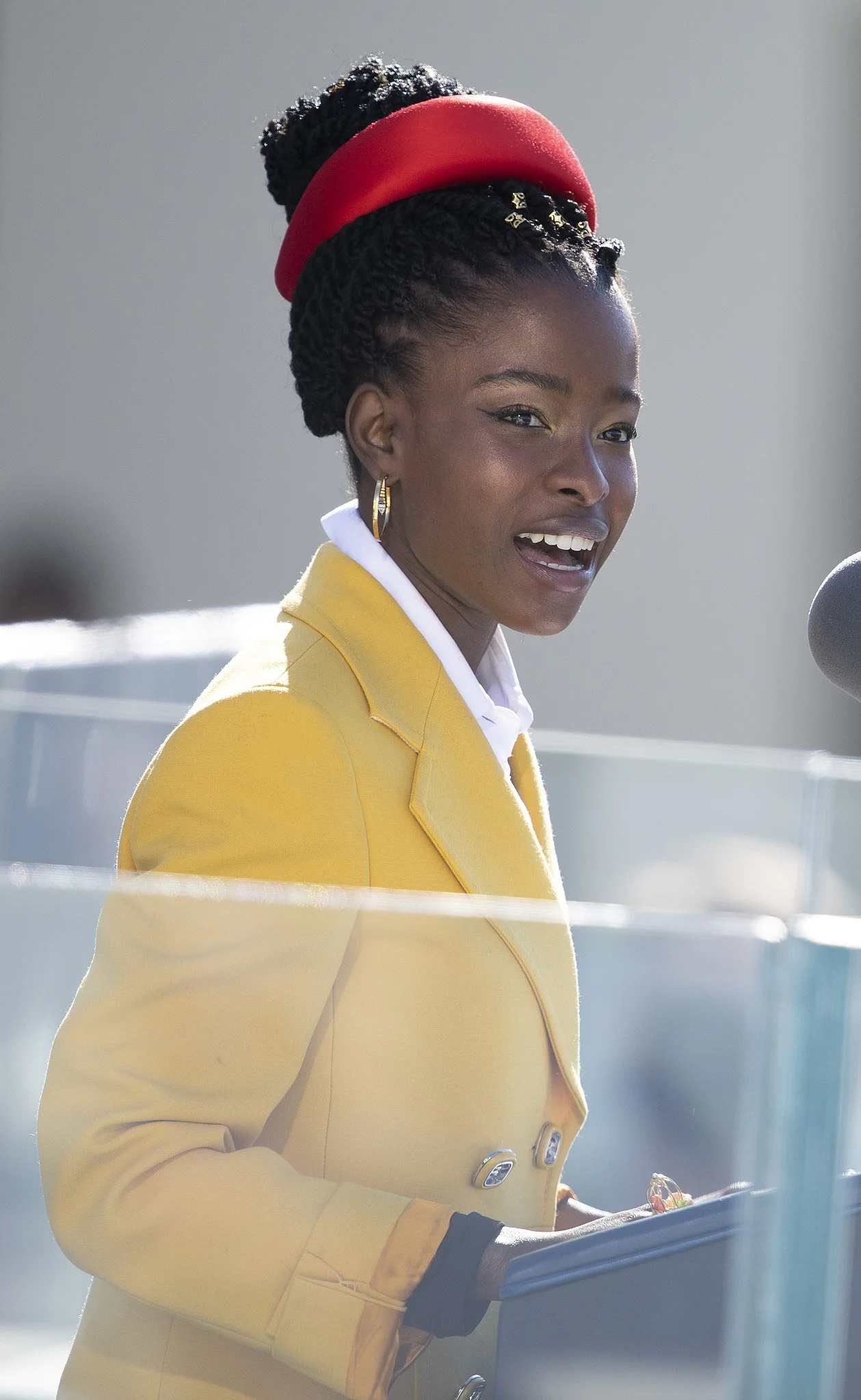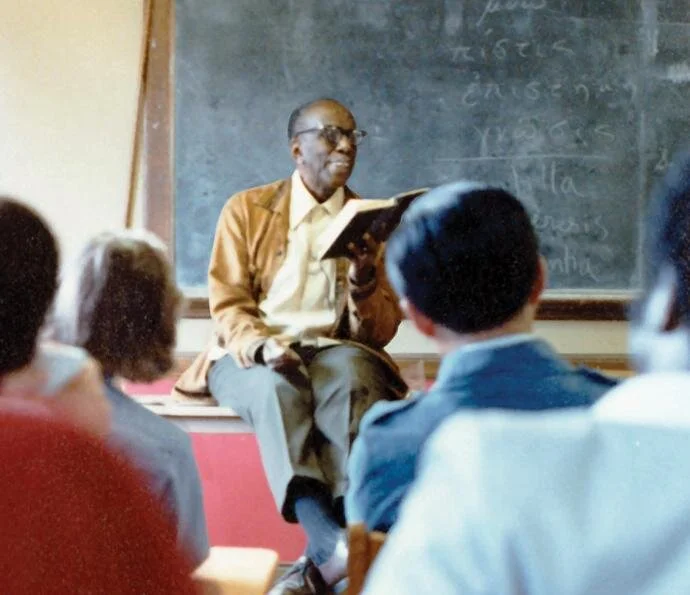Friday Reflection: On Edward Kennedy “Duke” Ellington–A Poet of the Soul
“Every man prays in his own language and there is no language God doesn’t understand.”
— Duke Ellington
I. Edward Kennedy “Duke” Ellington (1899-1974) was one of the most significant 20th-century composers of American music, a major voice in jazz for almost six decades, and an authentic poet of the soul and its multiple languages. Much of his music has a spiritual dimension, including three different “Sacred Concerts” written in 1965, 1968, and 1973. Ellington said this about his music:
My feeling is that God gives each of us a role to play in life. Mine is music. [Since my first piece written at age 15], there have been many thousands of pieces, many of them called sacred music. Where do they come from? God fills your heart and mind with them, whether it’s laying a brick a new way or writing a song. The ideas come to me anytime, anyplace. So I accept the blessings and write them.
“Duke Ellington on his Path of Prayer,” Guideposts Magazine, February 1971
For Ellington, music is prayer, a timeless sacred poetry.
II. When Duke Ellington died in May of 1974, his funeral at Saint John the Divine Episcopal Cathedral in New York City was attended by over 12,000 mourners. Yet, very few people really knew how he lived his life in God’s presence and how he prayed. There were many signs of a deeply spiritual person, though not one affiliated with any one religion or church.
Ellington’s own questions, quoted by one of the eulogists at his funeral service, Roman Catholic priest Father Gerald Pocock, reflect the quality of Ellington’s sense of God and how God exists in the world:
“Is God a three-letter word for Love?” “Is Love a four-letter word for God?"
III. Even those who have listened to Ellington’s music and followed his career don’t know that his ”great passion and work sprung from an awareness of the presence of God in all of life.” (Steed, Ellington: A Spiritual Biography). Nor do they know that even though Ellington was seen as a symbol of American high art and very much “an urbane, stylish entertainer and public personality,” “he had deep roots in the Christian faith…He read his Bible every day and prayed regularly….The presence of a forgiving God was always real to him.” (William Edgar, “The Soul of Duke,” in Books and Culture – A Christian Review, January 2001).
IV. One of the great Ellington “unknowns” is about how he lived in and out of his soul. The most telling and moving illustration of this has two parts:
First, his treatment of the members of his orchestra was extraordinary. He paid careful attention to the musicians, composed his music for them as the players they were, took care of them when their material needs were great, and helped them reach a holy calm when their souls were in turmoil. It is no wonder that many of the musicians stayed with him for decades.
Second, there is Ellington’s equally extraordinary relationship with Billy (William Thomas) Strayhorn (November 29, 1915 – May 31, 1967). Strayhorn was a pianist, composer, arranger and lyricist who stayed and worked with Ellington for half of his life. He was closer to Ellington than perhaps anyone else, and Strayhorn’s music, lyrics and way of making music was intertwined with Ellington’s. The differences were few. It is no surprise that the Ellington “theme song” for decades was Strayhorn’s “Take the ‘A’ Train.” When Strayhorn died in May of 1967, Ellington was disconsolate and apparently depressed for some time.
V. At Strayhorn’s funeral service Duke Ellington gave a eulogy, a eulogy that was as much about himself as it was about Billy Strayhorn: “Billy Strayhorn was my right arm, my left arm, all the eyes in the back of my head, my brainwaves in his head and his in mine.” In many ways, Ellington spoke through Strayhorn, perhaps more than Strayhorn did through Ellington. And we realize that Billy Strayhorn was Ellington’s “other self,” and maybe his better self. In unique ways, Ellington and Strayhorn nourished and cared for one another’s souls.
VI. We come back to the epigram on prayer with which we began this reflection. The story of that statement comes in the context of the 1965 Concert of Sacred Music and the section entitled, “Every man prays in his own language.” Writing in the program notes, Ellington expands the idea of a person praying in his own language:
"How can anyone expect to be understood unless he presents his thoughts with complete honesty? The situation is unfair because it asks too much of the world. In effect, we say “I don’t dare show you what I am because I don’t trust you for a minute but please love me anyway because I need you to. And, of course, if you don’t love me anyway, you’re a dirty dog, just as I suspected, so I was right in the first place.” Yet, every time God’s children have thrown away fear in pursuit of honesty—trying to communicate themselves, understood or not, miracles have happened."
A remarkable riff on prayer from Duke Ellington and we say, Amen as we listen to, “Take the A-Train.”
—Father Peter Kountz










